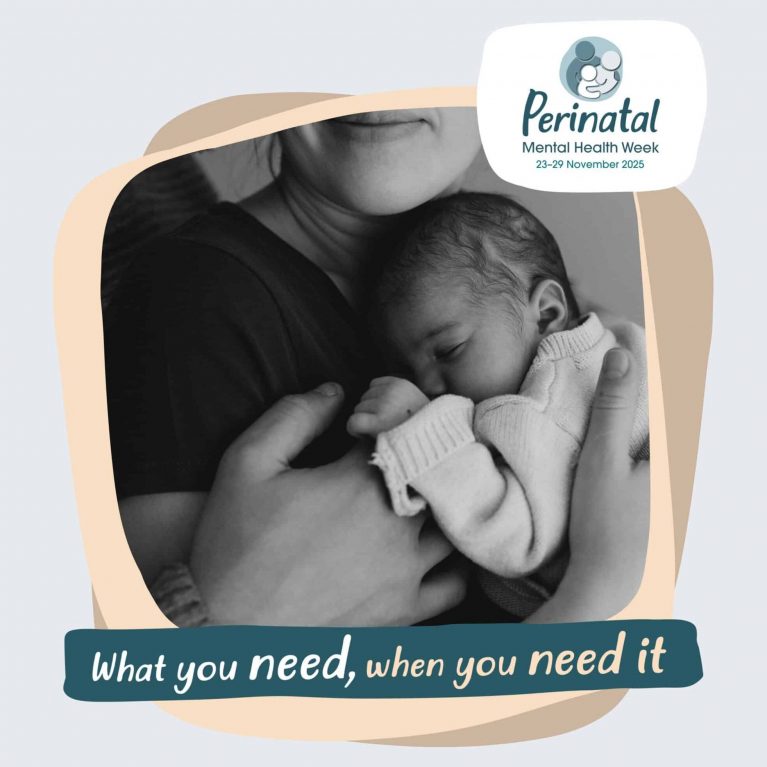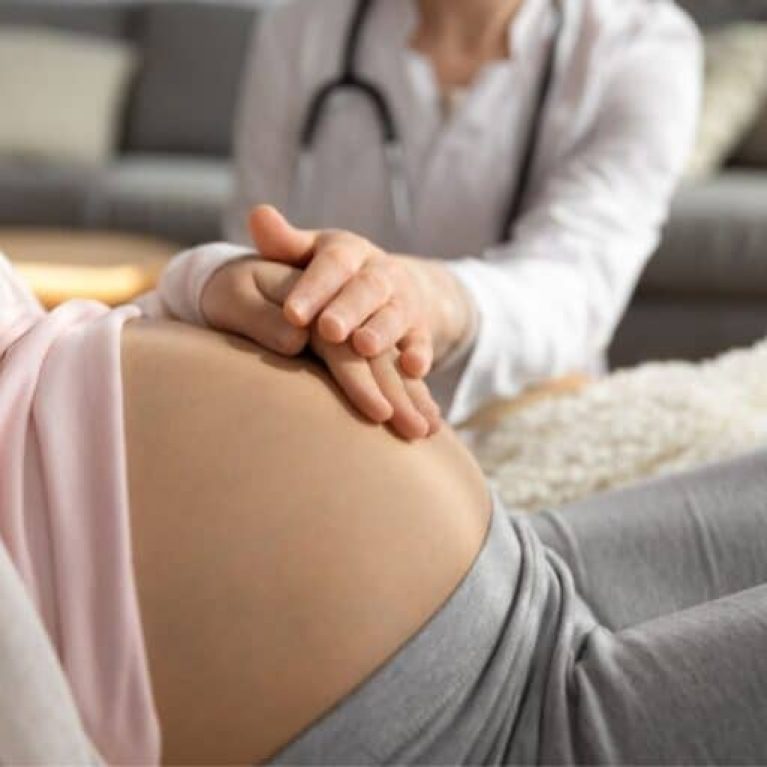Red Nose Ambassador Irena Gilbert recently joined our National Education and Health Promotion Manager, Loren Rushton on an Instagram broadcast to discuss ways to have a safer pregnancy.
Irena also shared an intimate and heartfelt update on her pregnancy journey with her Instagram followers.
“This is something I didn’t think I was going to share but I have had a lot of questions about when my baby is due and I have deliberately not shared that for a reason,” says Irena.
“So early in the pregnancy our baby was diagnosed with a Single Artery Umbilical Cord which is more common than I thought. In fact, 1 in 100 pregnancies have a single artery cord. The main concern being that the baby is small to develop.
“So our baby and my bump is smaller than what is expected for how far along I am and I didn’t want to be compared to other women around the same gestation as me,” says Irena.
For Irena, that means monitoring her baby’s movements and patterns, which is one of the three important pieces of advice Red Nose’s Loren Rushton provides when it comes to a safer pregnancy:
1. Monitor baby’s movements: every baby is different – getting to know what is the normal pattern for your baby is key.
As you get toward the third trimester, you’ll get to know the patterns of your baby and you’ll start to learn their awake patterns, which also become their awake patterns when they come out of the womb as well.
When movements change (either large increase or a big decrease in movements) that’s something you’ll want to notify your healthcare provider about.
2. Sleep on your side from 28 weeks: this reduces the risk of stillbirth by 50%.
This is because lying on your back in the later stages of pregnancy puts pressure on major blood vessels, which can reduce blood flow to your womb, and restrict your baby’s oxygen supply.
3. Quit smoking: quitting smoking is hard but you and baby will benefit by quitting smoking any time during your pregnancy – you and baby will benefit by getting more oxygen. The good news is it’s never too late to quit smoking.
Loren also encourages expecting parents to link into their antenatal classes as they’re often a great source of additional information on being pregnant, for safer pregnancy advice and transitioning into parenthood.
Our Safer Pregnancy Advice Hub is a great place to start.
Did you find this helpful?
Good job! Please give your positive feedback
How could we improve this post? Please Help us.



